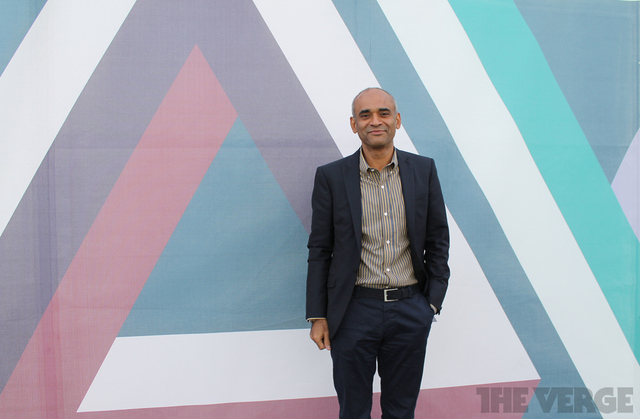Aereo service wins court, but expects lobbying in Congress
 Aereo is a young startup from New York that provides streaming and recording services for later viewing TV broadcasts based on a paid subscription. In fact, with the help of the service, the user can watch non-encoded television channels broadcast in the radio range on a PC or, using a special application, on an iPhone, iPad, iPod Touch or Apple TV player. The user is given a choice of several tariffs: from a dollar a day, eight a month (which is comparable to a Netflix monthly fee) to eighty a year. Aereo presents itself as a low-cost alternative to cable or satellite television with fewer channels. At the moment, the company operates only in New York, although it is being discussedplan to expand to 22 other American cities, limited to court decisions.
Aereo is a young startup from New York that provides streaming and recording services for later viewing TV broadcasts based on a paid subscription. In fact, with the help of the service, the user can watch non-encoded television channels broadcast in the radio range on a PC or, using a special application, on an iPhone, iPad, iPod Touch or Apple TV player. The user is given a choice of several tariffs: from a dollar a day, eight a month (which is comparable to a Netflix monthly fee) to eighty a year. Aereo presents itself as a low-cost alternative to cable or satellite television with fewer channels. At the moment, the company operates only in New York, although it is being discussedplan to expand to 22 other American cities, limited to court decisions. The fact is that the legal part of the service is very ambiguous. On March 1, 2012, just a few weeks after the launch of Aereo in February, the company received a lawsuit from a consortium of television broadcasters who accused the service of copyright infringement. The work of Aereo, according to representatives of television channels, is based on recording and public reproduction of content without any coordination with television channels, and public reproduction requires royalties. The proceedings and litigation dragged on, while broadcasters, including Fox, ABC, CBS, NBCUniversal and others, did not always win, which made them call Aereo a service that uses loopholes in laws.
And so, on April 1, 2013, the second visiting session of the US District Court with two votes to one adopted a serious decision in favor of Aereo.
Broadcasters were denied a preliminary injunction on the service. The decision of most judges was influenced by the fact that Aereo rented a tiny antenna (its size is only a few millimeters) to each user, through which the service works. Using this antenna, subscribers receive network streaming of television channels available to anyone who wants on the radio to a phone, tablet or television. Thus, a precedent was created by the Cablevision Systems Corporation, whose video recorders were found to not infringe on copyright.
Judge Denny Chin, who did not agree with his colleagues, points out that the principle of using private mini-antennas indicates that there is not a public but a private reproduction, for which license fees are not required. Chin believes that in this way Aereo is only trying to avoid problems with the law. Echoed by Dennis Wharton, vice president of the National Association of Broadcasters (Washington).
Broadcasters threaten that if Aereo’s work is not stopped or the model doesn’t include licensing, they will not be able to continue broadcasting sports games and competitions, as well as well-known Grammy-level ceremonies. Opponents of the young service are frightened by the fact that cable and satellite operators will reduce royalties to partners, since the cost of content will decrease, and on the Internet it will be difficult to create a platform for providing on-demand content on the Internet. For Aereo, this is far from the end of the legal battle: the past has shown that if they did not take legal action, they will lobby in Congress, believes

CEO Chet Canoydzh. According to the head of Aereo, the company only provides small ears for listening to free television programs.
Can the Internet be considered free that is free and unencoded on the air? It is difficult to regard the trial as a good advertisement (this only scares partners off ), however, users like new and innovative services, and some consider Aereo's only mistake to be slow in entering their city’s market.
